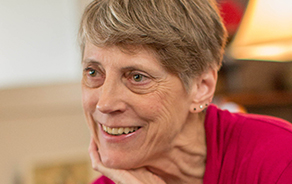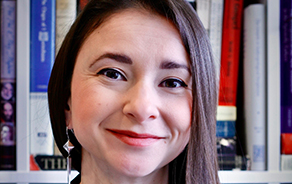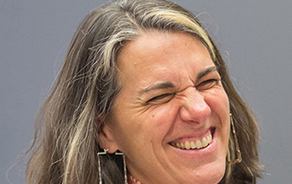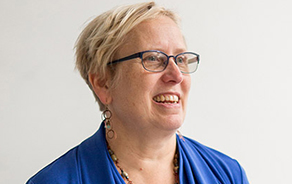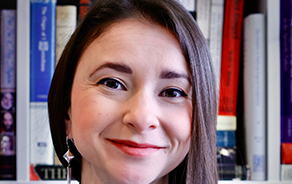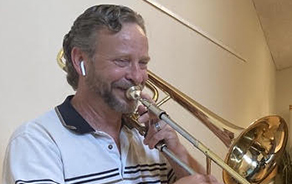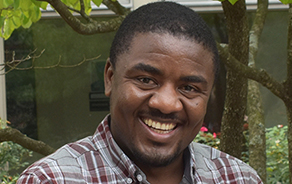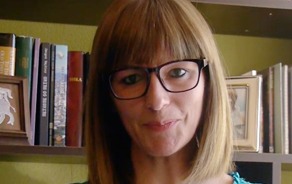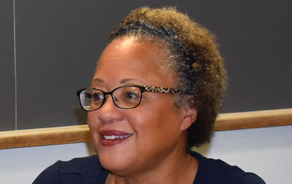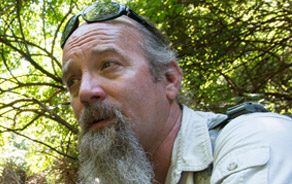Meet Ezekiel Kassanga MATS ’21
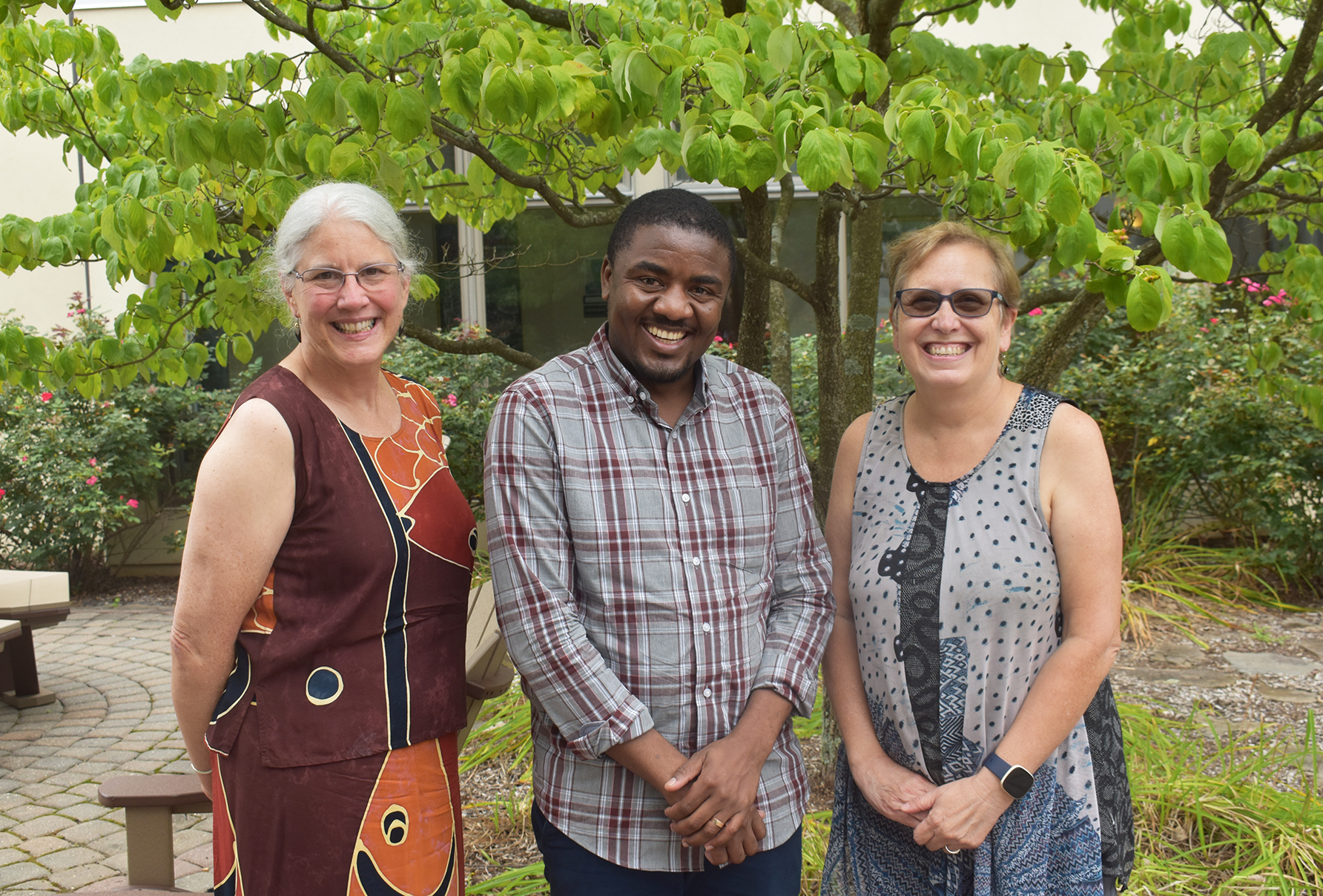
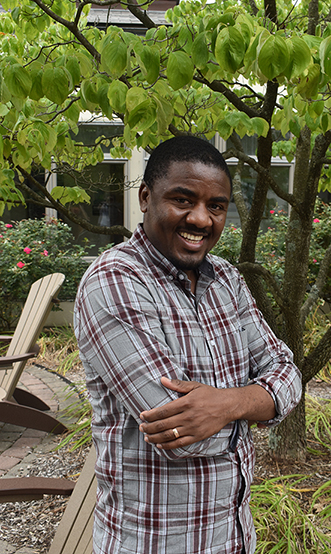
Describe your graduate thesis and how you came to be interested in that topic.
My thesis advocates for a gracious theological response to adolescent mothers’ education in Tanzania. For moral reasons, female students who get pregnant are expelled out of publicly-funded primary and secondary schools and refused re-entry. Unfortunately, the church supports the exclusion done by the government because pregnancies outside of wedlock—even those caused by rape—are regarded as sin. More than that, pregnant students and teen mothers who are Christians are also excommunicated from the church.
Although these teen mothers can regain their primary and secondary education through alternative education pathways like private schools or open schools outside the public school system, the church withdraws its support by viewing them as notorious offenders. I have interest in this topic because I realized (with the experience of teaching in rural areas for about ten years) that the girls are compelled into adolescent pregnancies and motherhood because of their marginalized life situation. They are overpowered by poverty, violence, harmful traditions, and other social and economic forces that compel them into adolescent sexuality leading to pregnancy and motherhood. So my thesis advocates for a gracious response to the plight of these unserved girls based on the teachings and life of Jesus.
How has your education at Moravian Theological Seminary shaped your career and overall perspective?
First and foremost, my education at Moravian Seminary has helped me to achieve the dream of acquiring theological education at a Moravian institution, which is an important tool for doing ministry. I feel well-equipped and prepared in areas of theology, ministry, and leadership. Also, the seminary education has enabled me to take further steps towards advancing my professional and career goals of becoming more acquainted with Moravian theology.
How would you describe the Moravian Seminary community?
For me, the Moravian Seminary community is one of the heritages of the global Moravian church. It is open to learners of all religious traditions and cultural backgrounds and embraces diversity. More than that, its resources and culture make it the best place for Moravian students from all regions around the world to explore, learn, and practice Moravian teachings depending on one’s professional and career goals.
How was your experience as an international student studying during the global pandemic? How did you keep in touch with your family (wife, Sweetbether, and daughters Keila, four, and Celine, ten)?
Many people didn’t easily trust me when I told them that I continued to sense the African communal life in the US even during the global pandemic. With the help of communication technology, I kept in touch with my family back home. For instance, on the internet I chatted and even prayed together with my family several times. Sometimes I was able to see my little girl doing her homework and assess what she learned at school. In addition, my professors, fellow students, my Moravian pastors, and Moravian brothers and sisters were very generous to me. I also appreciated the shift to online classes during the lockdown that enabled me to finish my program on time.
How do you plan to use your seminary education when you return to Tanzania? What are your long-term goals?
I plan to use my seminary education for teaching, especially in preparing future Moravian ministers in my country. My long-term goal is to advance my expertise in Moravian theology and history to the doctorate level.

